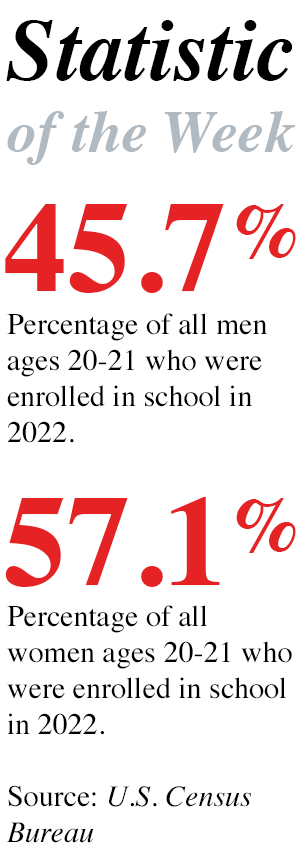How Age, Race, and Early-Life Disadvantage Among College-Educated Mothers Impacts Birth Weights
Posted on Feb 23, 2022 | Comments 0
 According to a new study by researchers at Northwestern University in Evanston, Illinois, Black infants experience disproportionately high risks of low birth weight compared with non-Hispanic White infants, particularly among mothers with high educational attainment and greater socioeconomic advantage. The study shows how maternal early-life disadvantage contributes to ongoing racial birth weight inequities among U.S. college-educated mothers, specifically declining birth weights with age among Black mothers.
According to a new study by researchers at Northwestern University in Evanston, Illinois, Black infants experience disproportionately high risks of low birth weight compared with non-Hispanic White infants, particularly among mothers with high educational attainment and greater socioeconomic advantage. The study shows how maternal early-life disadvantage contributes to ongoing racial birth weight inequities among U.S. college-educated mothers, specifically declining birth weights with age among Black mothers.
Using data from the National Longitudinal Study of Adolescent to Adult Health, researchers examined racial inequities in birth weight by maternal age and early-life disadvantage using completed reproductive histories among college-educated mothers at ages 33 to 44 years. Early-life disadvantage was measured using a study-based composite measure of early-life concentrated poverty and social disadvantage in homes, neighborhoods, and schools.
The results showed that among Black mothers who experienced high early-life disadvantage, a one-year increase in maternal age at delivery was associated with lower birth weight. Similar declines were not found among Black mothers with low early-life disadvantage. Non-Hispanic White mothers experienced increased birth weight with maternal age, which did not significantly vary by early-life disadvantage.
The full study, “Racial Inequities in Birth Weight by Maternal Age Among College-Educated Mothers: The Role of Early Disadvantage,” was published on the website of the American Journal of Preventive Medicine. It may be accessed here.
Filed Under: Research/Study








